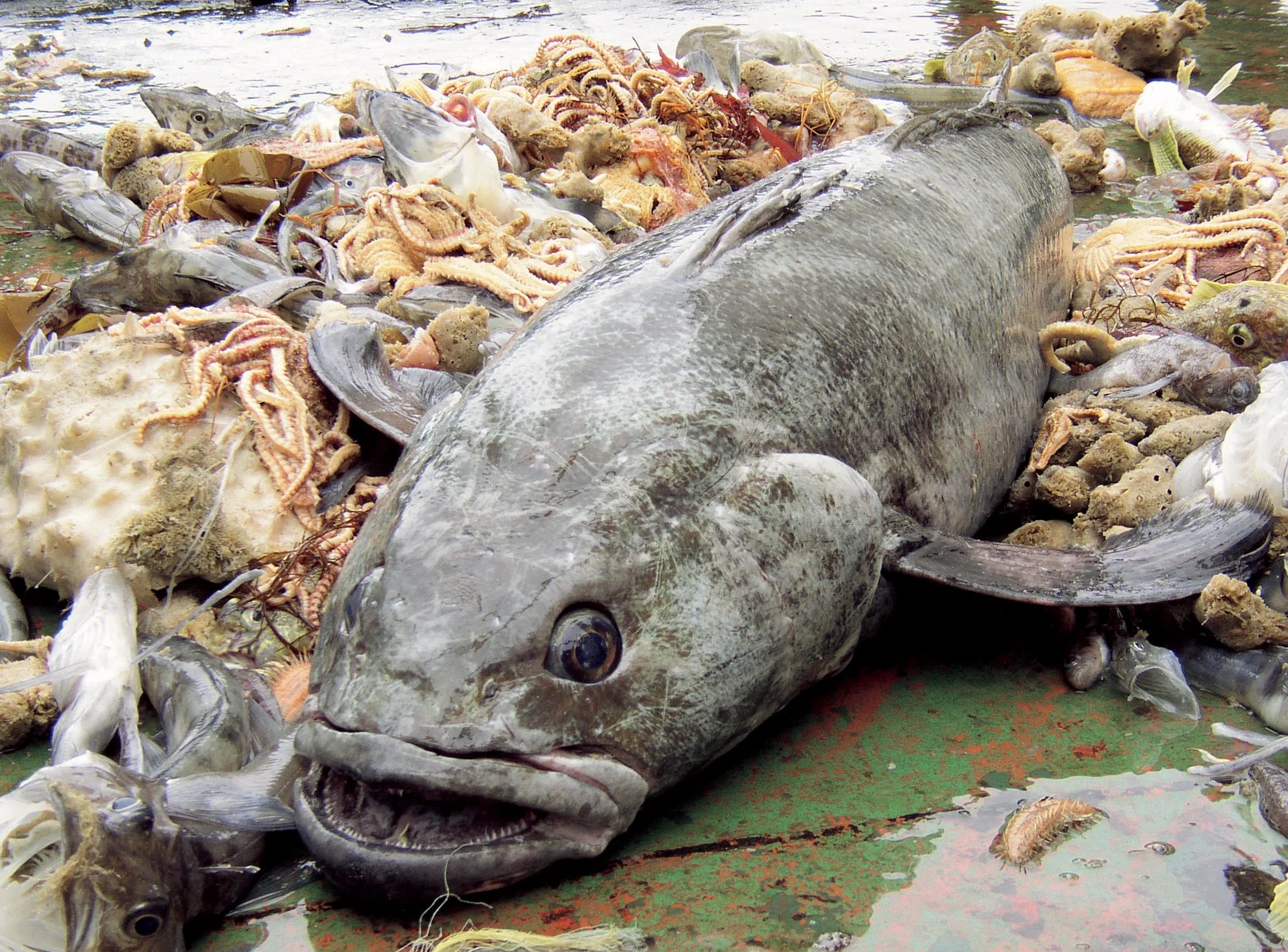The Magic of Semantics: The Quickest Way to Change Perception
Get posts directly delivered to your inbox HERE
Read time: 3 min
At a glance:
Quote: Perception over intention
Lesson: Learn when and how to change a name
Resource: A book about Alchemy
Quote
"It is not what you meant to say, but it is what your saying meant."
Walter M. Miller Jr.
The Patagonian Toothfish is on every expensive seafood menu, but you wouldn’t know it.
In 1977 an American fish merchant named Lee Lantz was scouring fishing boats in a Chilean port. As a wholesaler he became excited when he spotted a menacing looking, five-foot long toothfish that inspired him to ask “That is one amazing-looking fish. What the hell is it?”
When he tried a bite of the fish, it had almost no flavor. He surmised that its attributes was a perfect match for the American market. A texture similar to the cod, richness of tune, with the mild flavor of a founder. It could serve as a blank canvas for any chef.
He renamed it to Chilean Sea Bass, because it sounded exclusive. in 1980 a company who struggled with the rising cost of halibut bought the entire stock from Lantz. From there, it quickly went up the food chain. In 1990, the Four Seasons served it. 2001, is was Bon Appetit’s dish of the year.
The rest, as we say, is history.
Image Credit: https://www.nzgeo.com/stories/the-ross-sea-toothfish-fishery/
Lesson
The story about the Patagonian Toothfish is not unique. Monkfish was once Goosefish and Orange Roughy was once Slimehead. When you change a name, you can change people’s perception of it, ultimately influencing a new behavior. Sure you can try and change the meaning of the name and not change the name, but how big of a battle would it be to change the meaning of the word slime?
In this issue, I will layout a framework of WHEN and HOW to leverage the magic of semantics.
Magical, because it’s not rational, there is nothing fundamentally changed, but its perception is shifted, which is able to affect real behavior change. Brand work doesn’t have to be reasonable, it just has to work.
When you want a shift in perception and behavior, change the name
WHEN should you think about changing a name:
Current name has a negative meaning
Current name is not an accurate description
Current name is limiting
Current name has baggage
Current name is hard to pronounce
HOW could you change the name:
Include a geographical or topographical adjective (“Pilchards” was changed to “Cornish Sardines” and instantly became more valuable. Not only that, it reinvigorated the entire Cornish fishing industry.)
Change the language. It becomes more exotic and thus more premium (An “ice-cream parlor” can immediately charge more if it was a “Gelateria”)
Introduce a new descriptive term and retain part of the name as an anchor to the category (In healthcare, particularly in orthopedics, the term “bio-resorbable implants” have baggage in the industry for not working very well - it wasn’t strong and it didn’t really resorb into the body. But when a startup introduced a technology that is dramatically different that actually worked, they called it Bio-integrative instead of using the same name, changing its perception and stayed away from the negative connotation of the existing term.)
Use descriptive words from the point of the view of your target audience (When a college in California wanted to increase the percent of women with computer science majors, at the time, only 10% - the first thing they did was to change the name of the intro course from ‘Introduction to programming in Java’ to ‘Creative approaches to problem solving in science and engineering using Python’. This course went from a most despised course to the absolute favorite - not squarely from the name change, but it was the lead domino to fall.)
Conclusion
Is a name or a description limiting the potential of a product, a service, a program? Think about how you can change the name and immediately change the perception and behavior of those you seek to influence. The nature of our attention affects the nature of our experience and a name is an immediate way to direct our attention.
Resource
Want a book that tickles your imagination? This book inspired this issue and I've shared just a few of the many examples that shows us the irrational nature of humans.
A great read for anyone who is into human behavior and what we can do/ have done to influence it
Ways I can help you:
Subscribe to Healthy Brand Mondays: Leverage brand thinking to accelerate your growth
Download free guides and tools: Learn from my years of experience as a brand strategist
Work with me: Be a podcast guest or hire my services for your brand

